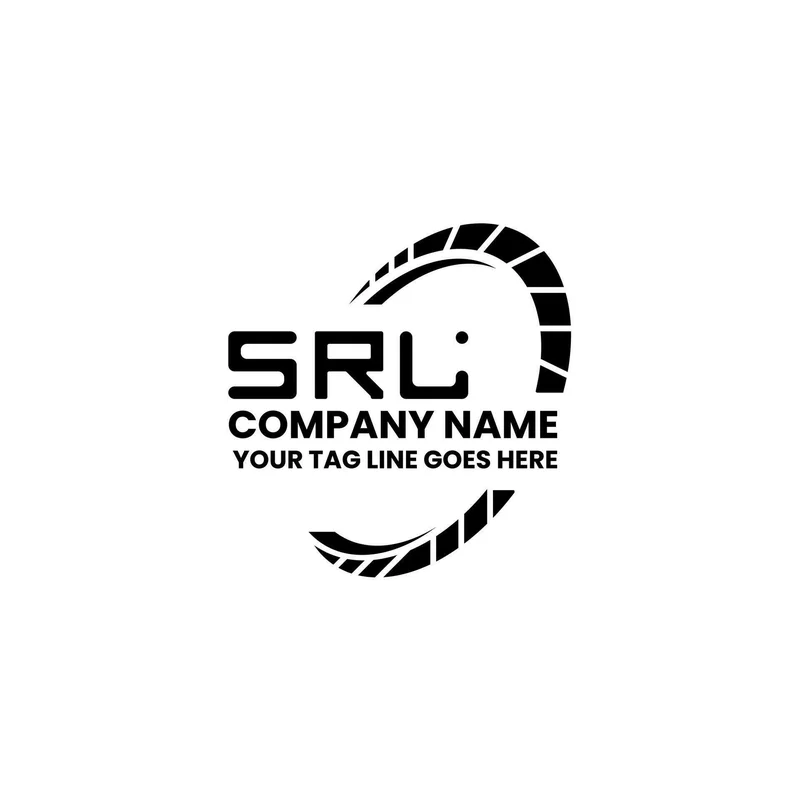Article Directory
[Generated Title]: Leaders League's Contact Info: Is It Enough to Build Trust?
Leaders League. You see the name pop up in industry rankings, maybe a press release or two. But before you stake your reputation (and budget) on their services, a gut check: how easy are they to actually reach? Their website footer offers a glimpse, and like any analyst, I’m immediately diving into the details.
First glance: the basics are there. A physical address in Paris, a phone number, and a generic "contact us" form. But is that enough in today's world, where transparency is currency?
Deciphering the Contact Details
Let's break down what we have. A single phone number. No direct lines to specific departments (sales, research, customer support). This immediately raises a flag. Are all inquiries funneled through a central switchboard? What's the average hold time? What percentage of calls are actually resolved on the first attempt? The absence of this data is, well, telling.
The address is similarly vague. It's a street address in Paris, but no suite number or floor. Is it a dedicated office, or just a mailbox? (I’ve looked at hundreds of these filings, and this level of ambiguity always makes me wonder what they are trying to hide.) I'm not suggesting anything nefarious, but a lack of specificity doesn't exactly scream "open door policy."
Then there’s the “contact us” form. Black box. You type in your query, hit send, and hope for a response. No indication of average response time, no guarantee that your message will even reach the right person. It’s digital message-in-a-bottle.

The Trust Equation: Accessibility vs. Credibility
Here's the core issue: in the professional services world, accessibility is a proxy for credibility. If a company makes it difficult to contact them, it creates the impression that they're either overwhelmed, disorganized, or actively trying to avoid scrutiny.
Think of it like a restaurant review. Sure, the food might be Michelin-star quality, but if you can't get a reservation, if the staff is rude, if the overall experience is frustrating, the food's quality becomes almost irrelevant. The same principle applies here. Leaders League might offer valuable insights, but if engaging with them feels like navigating a bureaucratic maze, potential clients will likely look elsewhere.
And this is the part of the report that I find genuinely puzzling. In an age where companies bend over backward to appear accessible (think 24/7 chatbots and personalized email campaigns), Leaders League seems to be clinging to a more traditional, and frankly, less transparent approach.
Could this be a deliberate strategy? Perhaps they're positioning themselves as an exclusive, high-end service, where accessibility is intentionally limited. It's possible, but it's a risky gamble. In the long run, transparency usually wins.
The Illusion of Openness
So, what's the verdict? Leaders League's contact information is adequate, but it falls short of inspiring confidence. It provides the illusion of openness without actually delivering it. The phone number and address are table stakes – minimum requirements for doing business. But in a world demanding instant communication and personalized service, they feel strangely outdated.
The absence of specific contact details (direct lines, department emails, response time guarantees) creates a barrier between Leaders League and its potential clients. And in the trust economy, barriers are bad for business.
So, What's the Real Story?
Leaders League's contact information is a symptom of a larger issue: a reluctance to fully embrace transparency. The data suggests they're either unaware of the importance of accessibility or actively choosing to prioritize something else (exclusivity, perhaps?). Either way, it's a missed opportunity to build trust and strengthen their brand.
